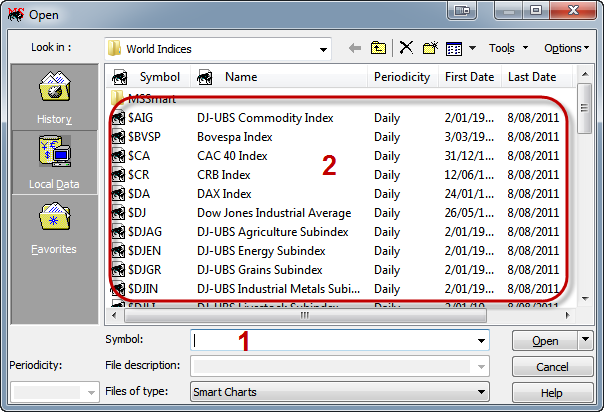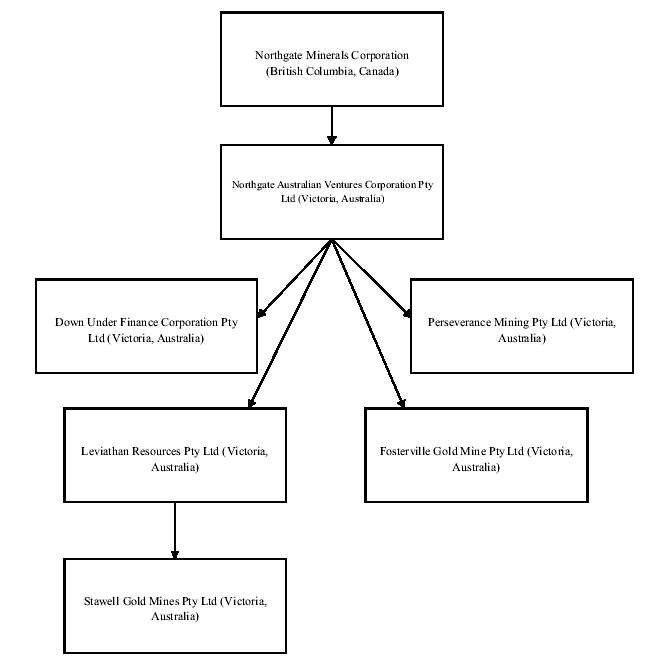Norgate Products Services Premium Data Australian Market Data Layout Security Types
Post on: 10 Апрель, 2015 No Comment

Equities
Ordinary Shares — equivalent to Common Stock in the U.S. — the most common form of share ownership. Ordinary shareholders are part-owners of a company. They have voting rights and are entitled to dividends out of company profits, although preference share-holders are always paid first. Ordinary shareholders also rank behind preference shareholders and secured creditors in claims to a company’s remaining capital in the event of liquidation.
Preference Shares — shares that rank before ordinary shares in entitlement to dividends and capital (see above). Preference shares are often assigned a fixed rate of dividend return.
Partly-paid Shares — also known as Contributing Shares — shares on which the holder owes an outstanding balance to the company, which may be called at some later date. If the case of a No Liability Company, the holder has the option of forfeiting the shares rather than paying the balance.
Unit Trusts — pooled investments, where the funds are held with a trustee company and a manager is employed to invest the funds on behalf of the unitholders.
Rights & Entitlements — new shares made available to existing shareholders for purchase, the number of shares being in proportion to the current holding. The new shares are often issued at a discount to the current price. A rights issue (renounceable) may be on-sold by an existing holder but an entitlement issue (non-renounceable) must be either taken up or allowed to lapse.
Company Options — securities issued by a company, which bind it to issue shares to the option-holder at a certain price (and at a certain time) if the holder chooses to take up those shares.
Exchange Traded Fund Units — hybrid securities that trade on the ASX equities market. An ETF is a managed index fund whose units trade like ordinary shares. ETFs offer direct and convenient exposure to the performance of an index like the S&P/ASX 200.
Indices
The S&P/ASX Indices are those indices calculated and managed by Standard & Poors that are published daily by the ASX.
In April 2000, the ASX’s Index business was contracted out to Standard & Poors. The exchange’s hope was that a global index manager working to international standards would bring a higher international profile to the exchange. S&P immediately began to make changes to the indices, introducing the S&P/ASX 200 (amongst others) and modifying the existing All Ordinaries Index.
Indicators
Economic
#AUBLD = AU Building Approvals Total
#AUCAB = AU Current Account Balance
#AUCPI = AU Inflation Rate
#AUGDP = AU Gross Domestic Product Rate
#AUJOB = AU Unemployment Rate
%AURBA = RBA Cash Rate Target
Implied Volatilities

For 60-70 leading stocks.
An Implied Volatility for a stock is created by taking the basket of Exchange Traded Options that trade against the stock, determining the implied volatility that is priced into each option and then averaging those volatilities to arrive at a single figure.
The result is an instantaneous measure of expected volatility rather than a look-back at historical volatility.
This method was popularised by the CBOE for the S&P 500 Volatility Index (VIX) and is often called the Investor Fear Gauge.
Exchange Traded Options
Exchange traded options are options created and traded through a derivatives exchange rather than directly between counter-parties.
Call Option — a security which gives the holder the right (but not the obligation) to buy a fixed number of shares from the grantor of the option at a certain price (the exercise price) by a certain time (the expiration date).
Put Option — a security which gives the holder the right (but not the obligation) to sell a fixed number of shares to the grantor of the option at a certain price (the exercise price) by a certain time (the expiration date).;
Interest Bearing Securities
Convertible Notes — fixed interest loan securities issued by a company which may be redeemed for cash or converted into shares in the company by a certain date according to the terms of the particular issue.














